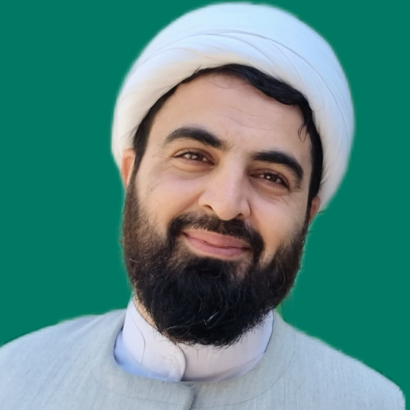اقرار ناتو به قدرت ایران+متن اصلی
خلاصه:
۱. تهران با حمایت شبه نظامیان کشورهای خاورمیانه نفوذ عربستان را کاهش و نفوذ خود را در منطقه افزایش داده است.
۲. علیرغم تحریمهای مختلف و پائین آوردن قیمت نفت، ایران به یک قدرت مطلق در منطقه تبدیل شده است.
۳. از آنجا که شیعه یک جمعیت اقلیت است و جمعیت سنی بیشتر است و همچنین تبعیض نهادی در ایران سنیها را رنج میدهد، این قدرت ایران موقت خواهد بود.
موضوع خبر: سود کوتاه مدت، هزینهی بلند مدت؟
Short-term gains, long-term costs?
To sum up, Iran has been engaged in multiple fronts across the Middle East to project influence and defend interests.
This is a more confident country than it was a few years ago. Despite the low oil prices and the international sanctions, Iran has been transformed into a regional power exerting influence in several countries.
The guiding principle of Tehran’s Middle East policy is Shia empowerment. Therefore, the Iranian regime has patronized Shia parties and militias in a fashion that resembles Moscow’s strategy toward Third World communist movements during the Cold War. In this way, Tehran has used different proxy armies to push back Saudi influence and increase its influence in the region.
Iranian diplomacy has showed little interest for developments in North Africa and Central Asia, where there are only small Shia communities. But the Iranian leadership has monitored closely the situation in northern Nigeria where local Shias have confronted the national army and Boko Haram militants. And it has supported pro-Iranian Shia clerics and groups in Azerbaijan, India and Pakistan.
The sectarianization of Iranian foreign policy can prove to be a costly mistake. First, Shias constitute a small minority in the Muslim world. It is only a question of time before Iran’s relations with Sunni-majority countries such as Indonesia, Malaysia and Pakistan deteriorate. Tehran is also bound to lose influence among Palestinians, whose struggle against Israel has been at the center of Iranian foreign policy. The Iranian involvement in Iraq, Syria, Bahrain and Yemen has brought the embattled Sunni communities there closer to Saudi Arabia and other Sunni-majority countries like Turkey and Qatar.
On the home front, while it has a huge Shia majority, Iran is far from being homogeneous. There is a Sunni minority that has long suffered from institutional discrimination. Indeed, the Islamic Republic has faced a low-level terrorist campaign from Sunni extremist groups which can now receive help from Tehran’s enemies. In short, Iran’s short-term gains are unlikely to be sustainable.
اولویتهای دشمن ایران اسلامی در راستای براندازی جمهوری اسلامی ایران طبق این متن:
۱. تضعیف تشیع [از طریق نسل کشی، تخریب اسلام شیعی و...]
۲. تضعیف قدرت نظامی و موشکی ایران در راستای عدم حمایت از نیروهای شبهنظامی منطقه
۳. تقویت اهل سنت [دامن زدن به آتش اختلاف از طرق مختلفِ سیاسی، فرهنگی، اقتصادی و ...]
راه حل:
تقویت نیروی نظامی ایران، تقویت وحدت از طریق تبیین مشترکات اهل سنت و تشیع و شیوههای واقعیِ دیگر
ترجمه و تحلیل: محمدعلی عطاریه
نظر یادتون نره



 یازهرا
یازهرا